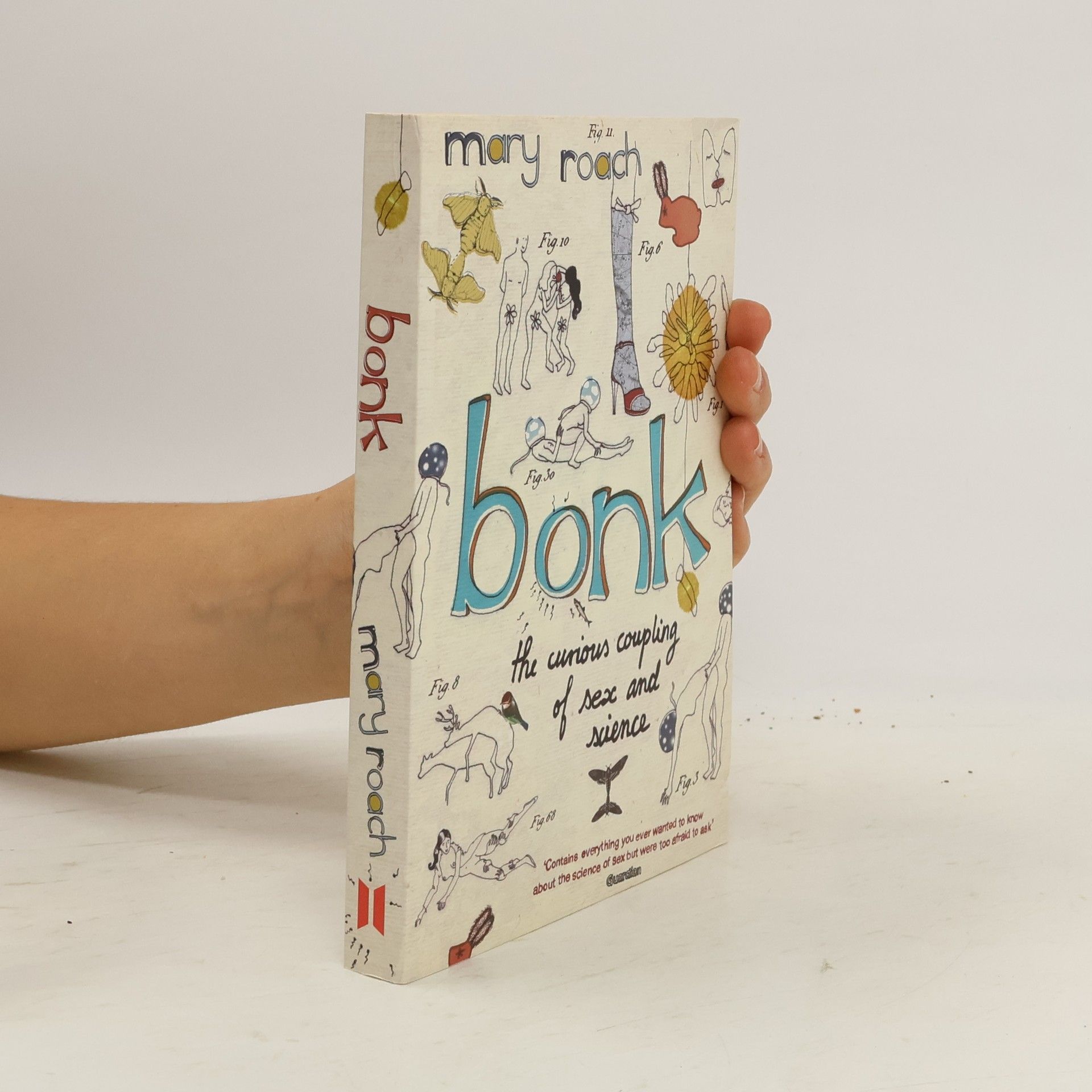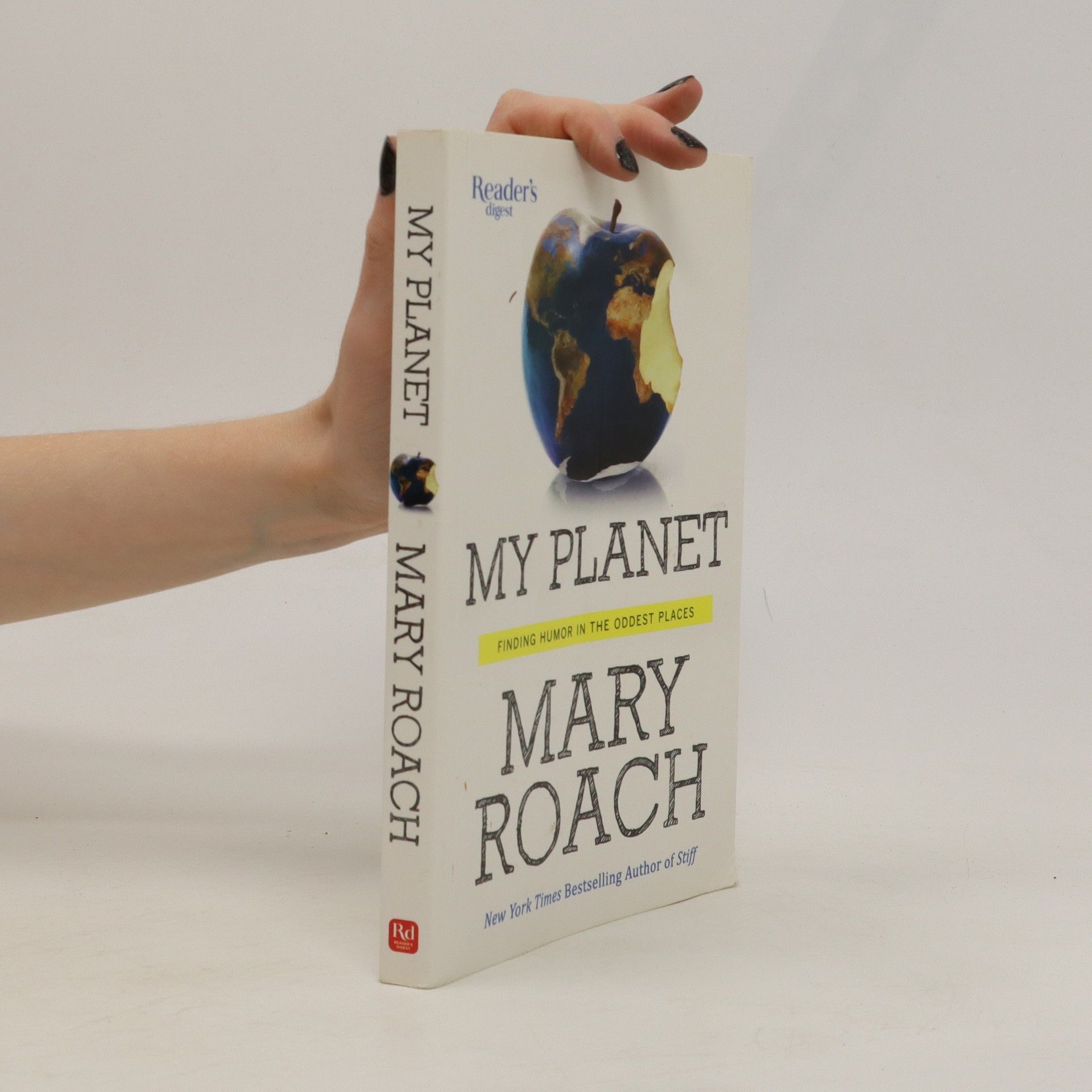An oddly compelling, often hilarious forensic exploration of the strange lives of our bodies postmortem.
Mary Roach Libros
Mary Roach es una autora que se sumerge en los rincones menos explorados de la ciencia con una perspectiva fascinante. Con un toque único de humor y accesibilidad, da vida a temas complejos, desde la anatomía hasta los viajes espaciales. Su escritura se caracteriza por la curiosidad y la habilidad de encontrar historias sorprendentes y cautivadoras en áreas que otros podrían considerar tabú. Los lectores pueden esperar descubrir conexiones inesperadas y obtener una comprensión más profunda del mundo que les rodea.

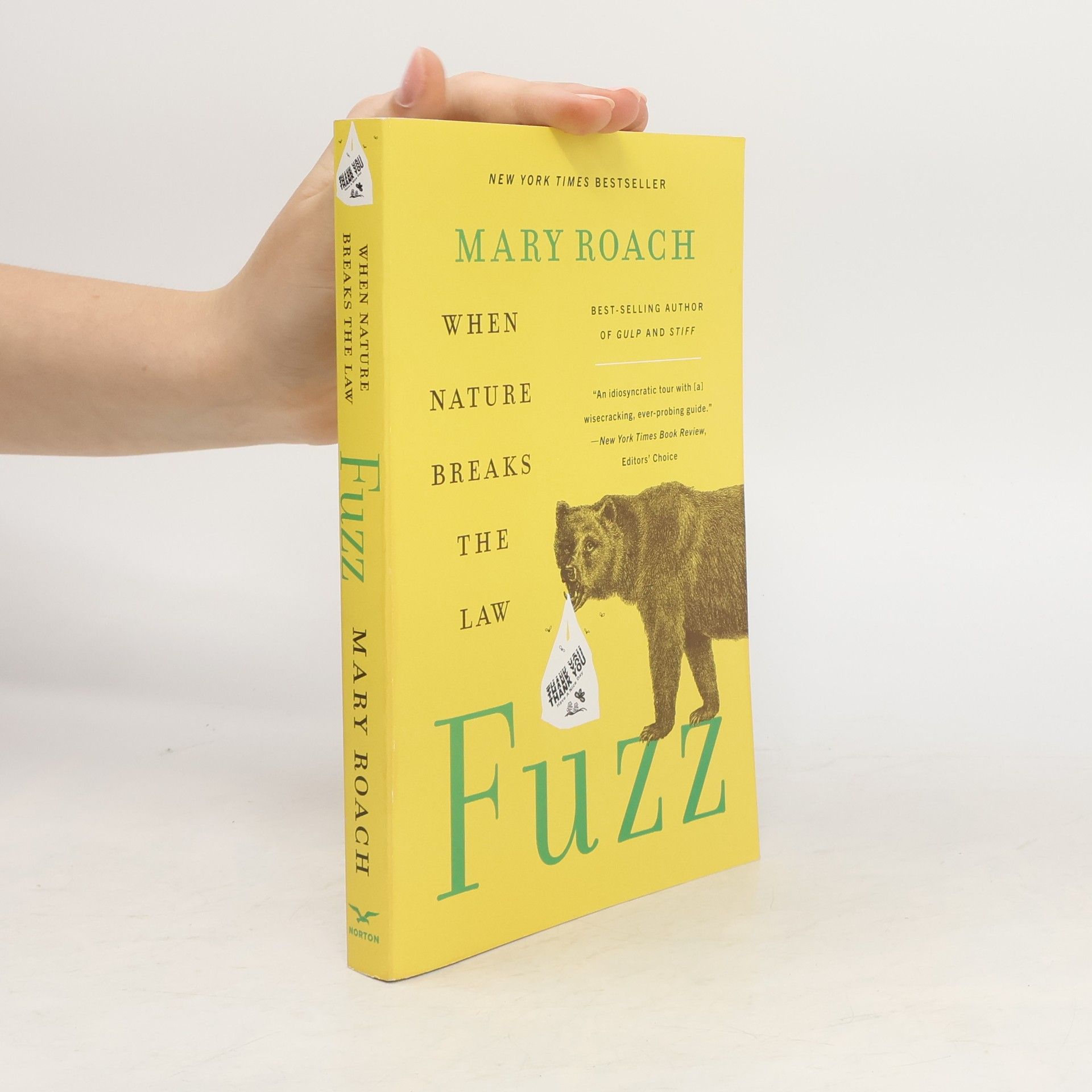
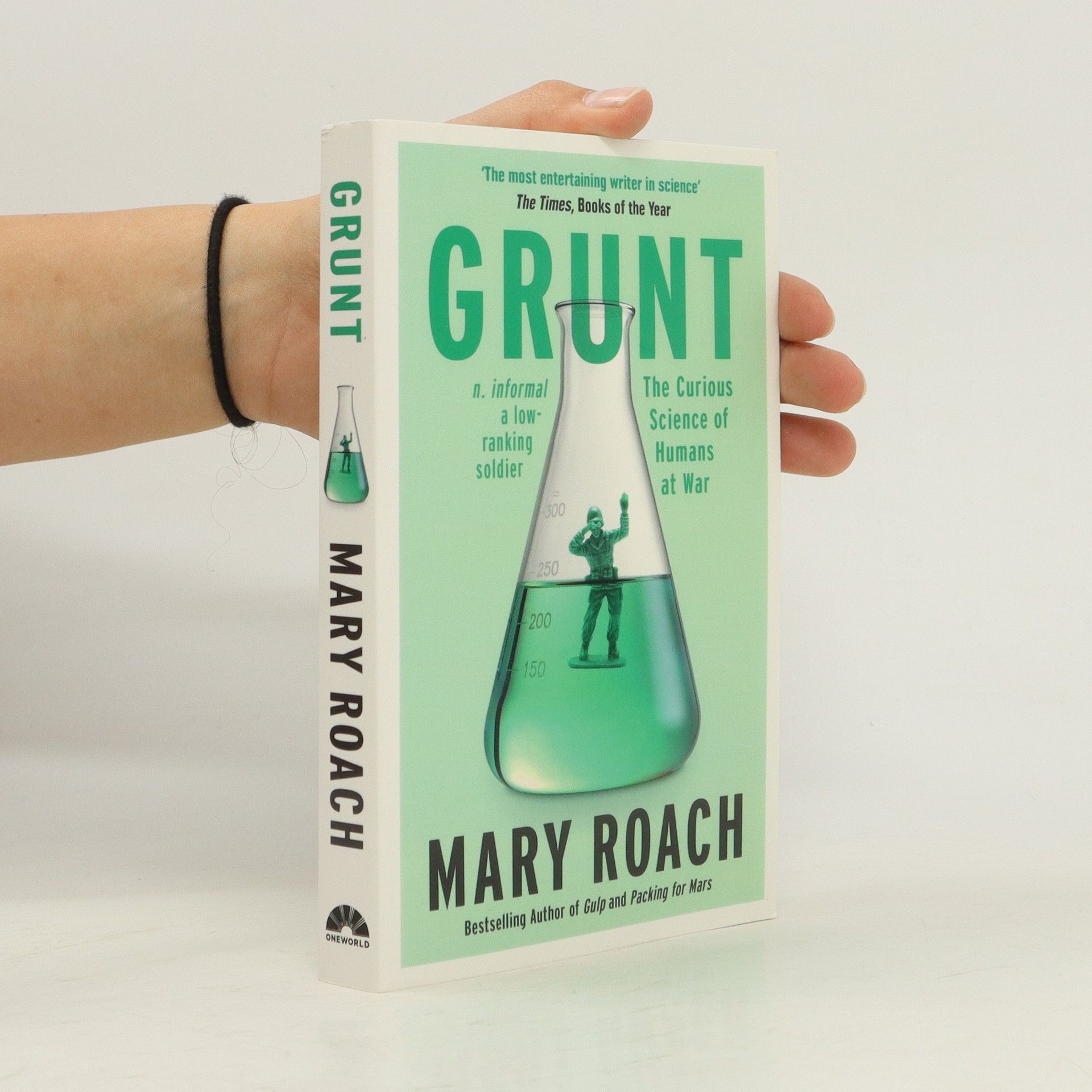
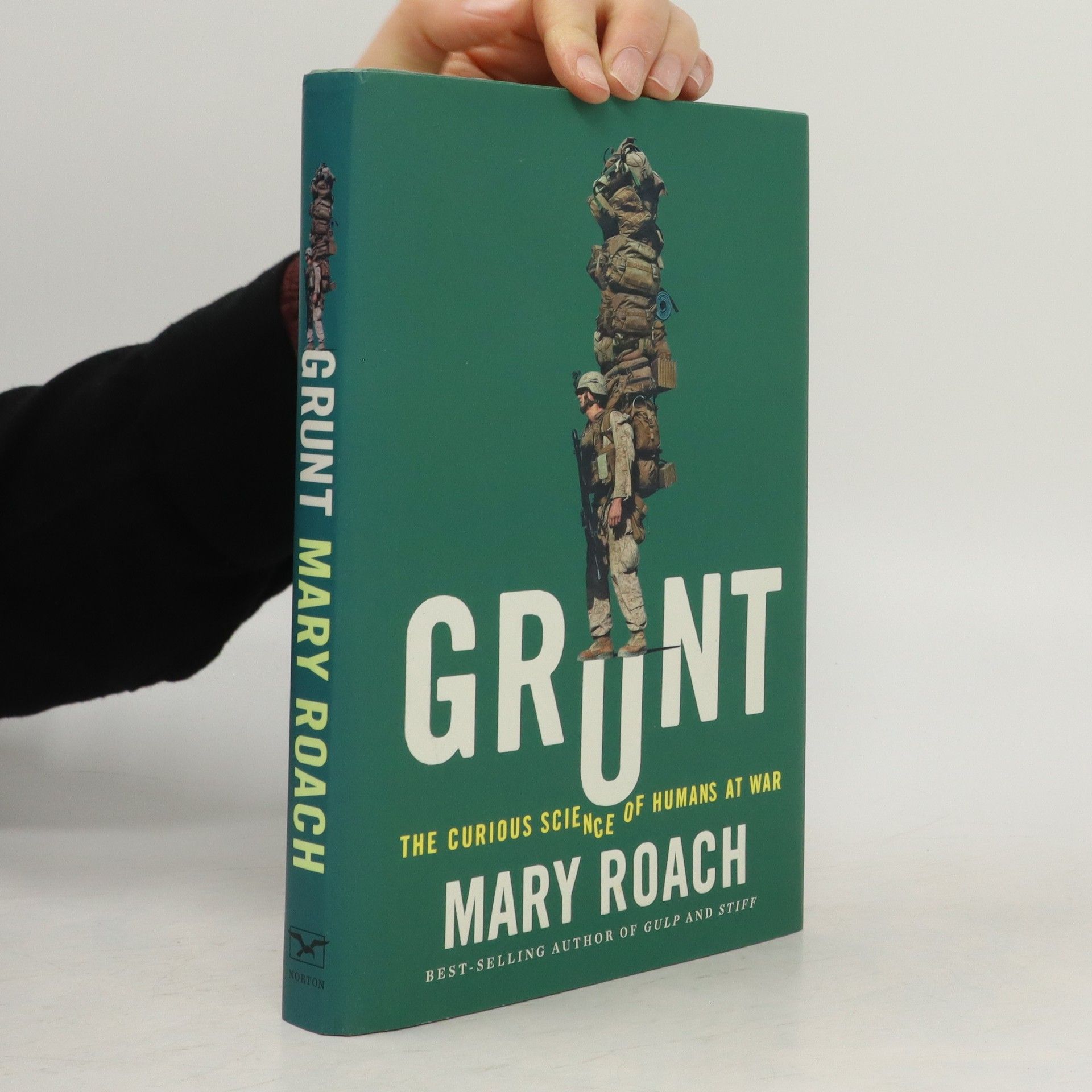

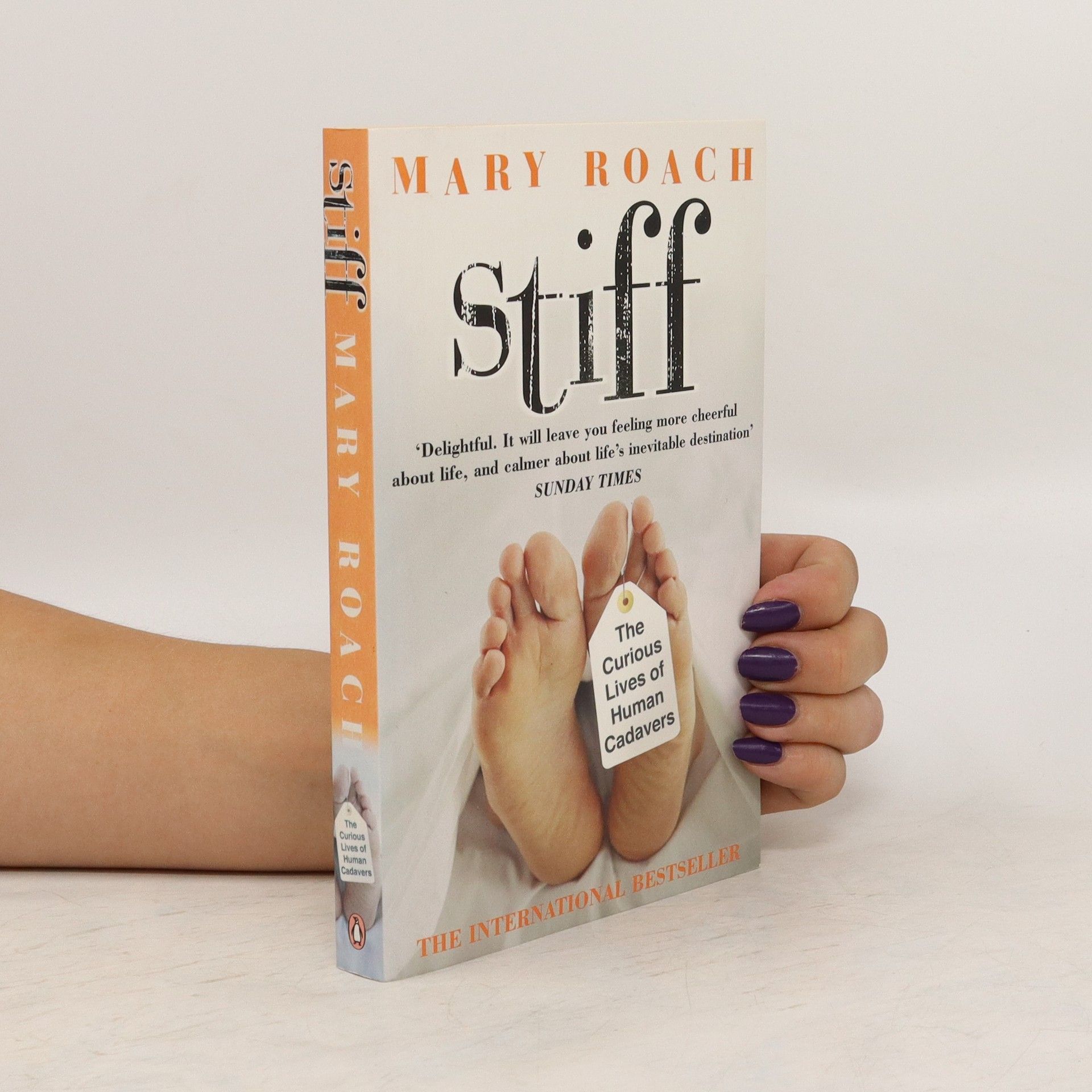
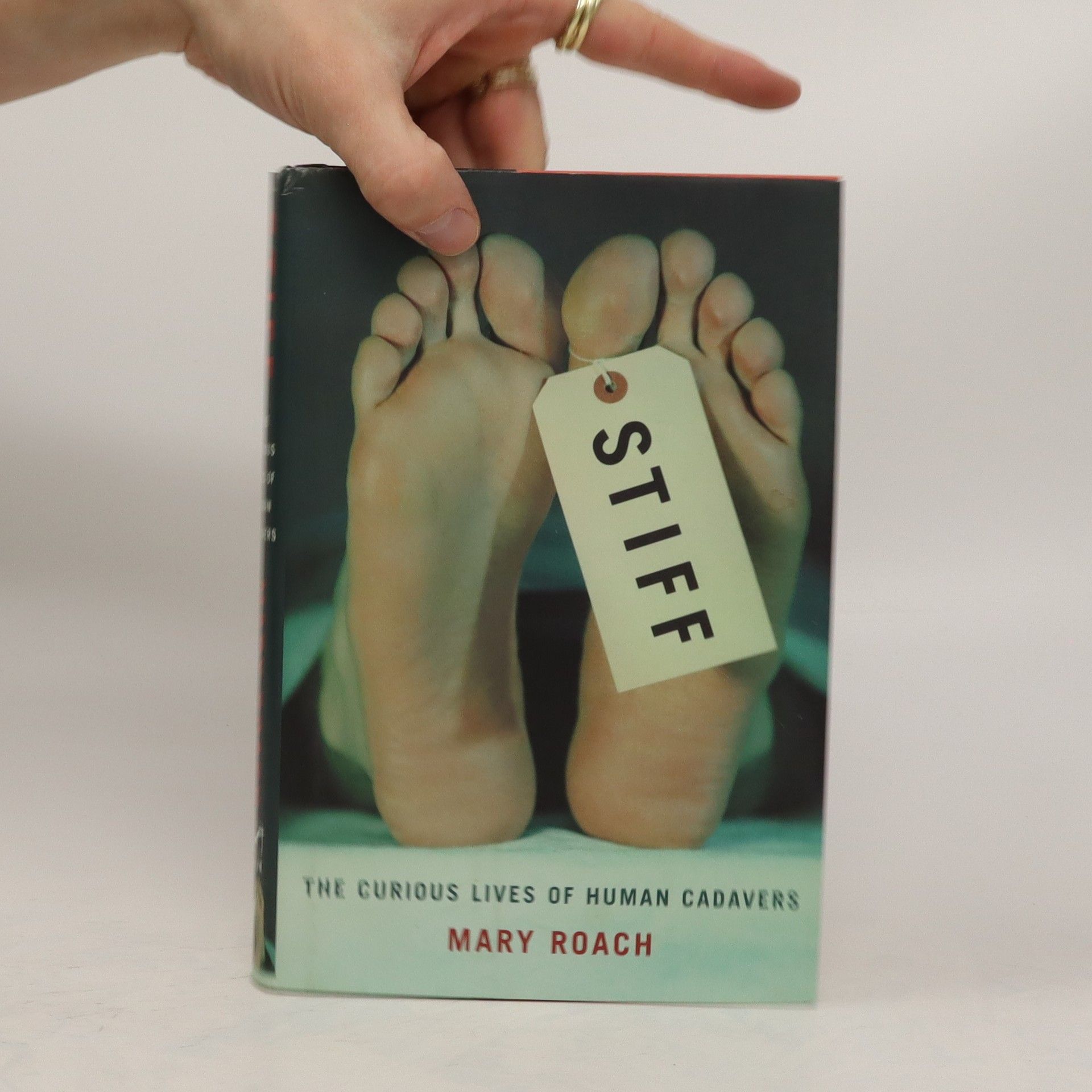
Stiff
- 304 páginas
- 11 horas de lectura
What happens to your body after you have died? Fertilizer? Crash Test Dummy? Human Dumpling? Ballistics Practise?Life after death is not as simple as it looks. Mary Roach's Stiff lifts the lid off what happens to our bodies once we have died. Bold, original and with a delightful eye for detail, Roach tells us everything we wanted to know about this new frontier in medical science. Interweaving present-day explorations with a history of past attempts to study what it means to be human Stiff is a deliciously dark investigations for readers of popular science as well as fans of the macabre
Packing for Mars
- 293 páginas
- 11 horas de lectura
Space is devoid of the stuff humans need to live: air, gravity, hot showers, fresh veg, privacy, beer. How much can a person give up? What happens when you can't walk for a year? Is sex any fun in zero gravity? As Mary Roach discovers, it's possible to explore space without ever leaving Earth. From the space shuttle training toilet to a 17,000-mile-per-hour crash test of NASA's space capsule, she takes us on a surreally entertaining trip into the science of living in space.
Grunt - The Curious Science of Humans at War
- 285 páginas
- 10 horas de lectura
A New York Times / National Bestseller "America's funniest science writer" (Washington Post) Mary Roach explores the science of keeping human beings intact, awake, sane, uninfected, and uninfested in the bizarre and extreme circumstances of war. Grunt tackles the science behind some of a soldier's most challenging adversaries—panic, exhaustion, heat, noise—and introduces us to the scientists who seek to conquer them. Mary Roach dodges hostile fire with the U.S. Marine Corps Paintball Team as part of a study on hearing loss and survivability in combat. She visits the fashion design studio of U.S. Army Natick Labs and learns why a zipper is a problem for a sniper. She visits a repurposed movie studio where amputee actors help prepare Marine Corps medics for the shock and gore of combat wounds. At Camp Lemmonier, Djibouti, in east Africa, we learn how diarrhea can be a threat to national security. Roach samples caffeinated meat, sniffs an archival sample of a World War II stink bomb, and stays up all night with the crew tending the missiles on the nuclear submarine USS Tennessee. She answers questions not found in any other book on the military: Why is DARPA interested in ducks? How is a wedding gown like a bomb suit? Why are shrimp more dangerous to sailors than sharks? Take a tour of duty with Roach, and you’ll never see our nation’s defenders in the same way again.
Mention it and most of us think of history, of conflicts on foreign soil, of heroism and compromise, of strategy and weapons. But there's a whole other side to the gruesome business of the battlefield. In Grunt, the inimitable Mary Roach explores the science of keeping human beings intact, awake, sane, uninfected and uninfested in the bizarre and extreme circumstances of war.Setting about her task with infectious enthusiasm, she sniffs World War II stink bombs, tests earplugs in a simulated war zone and burns the midnight oil with the crew of a nuclear submarine. Speaking to the scientists and the soldiers, she learns about everything from life-changing medical procedures to innovations as esoteric as firing dead chickens at fighter jets. Engrossing, insightful and laugh-out-loud funny, this is an irresistible ride to the wilder shores of modern military life.
Fuzz. When Nature Breaks the Law
- 320 páginas
- 12 horas de lectura
What’s to be done about a jaywalking moose? A bear caught breaking and entering? A murderous tree? Three hundred years ago, animals that broke the law would be assigned legal representation and put on trial. These days, as New York Times best-selling author Mary Roach discovers, the answers are best found not in jurisprudence but in science: the curious science of human-wildlife conflict, a discipline at the crossroads of human behavior and wildlife biology. Roach tags along with animal-attack forensics investigators, human-elephant conflict specialists, bear managers, and "danger tree" faller blasters. Intrepid as ever, she travels from leopard-terrorized hamlets in the Indian Himalaya to St. Peter’s Square in the early hours before the pope arrives for Easter Mass, when vandal gulls swoop in to destroy the elaborate floral display. She taste-tests rat bait, learns how to install a vulture effigy, and gets mugged by a macaque. Combining little-known forensic science and conservation genetics with a motley cast of laser scarecrows, langur impersonators, and trespassing squirrels, Roach reveals as much about humanity as about nature’s lawbreakers. When it comes to "problem" wildlife, she finds, humans are more often the problem—and the solution. Fascinating, witty, and humane, Fuzz offers hope for compassionate coexistence in our ever-expanding human habitat.
Bonk
- 320 páginas
- 12 horas de lectura
Few things are as fundamental to human happiness as sex, and few writers are as entertaining about the subject as Mary Roach.Can a woman think herself to orgasm?Is your penis three inches longer than you think?Why doesn't Viagra help women - or, for that matter, pandas?Does orgasm boost fertility? Or cure hiccups?The study of sexual physiology - what happens, and why, and how to make it happen better - has been taking place behind closed doors for hundreds of years. In this fascinating and funny book, Mary Roach steps inside laboratories, brothels, pig farms, sex-toy R&D labs - even Alfred Kinsey's attic - to tell us everything we wanted to know about sex, and a lot we'd never even thought to ask.
Fuzz
- 336 páginas
- 12 horas de lectura
What’s to be done about a jaywalking moose? A bear caught breaking and entering? A murderous tree? Three hundred years ago, animals that broke the law would be assigned legal representation and put on trial. These days, as New York Times best-selling author Mary Roach discovers, the answers are best found not in jurisprudence but in science: the curious science of human-wildlife conflict, a discipline at the crossroads of human behavior and wildlife biology. Roach tags along with animal-attack forensics investigators, human-elephant conflict specialists, bear managers, and "danger tree" faller blasters. Intrepid as ever, she travels from leopard-terrorized hamlets in the Indian Himalaya to St. Peter’s Square in the early hours before the pope arrives for Easter Mass, when vandal gulls swoop in to destroy the elaborate floral display. She taste-tests rat bait, learns how to install a vulture effigy, and gets mugged by a macaque. Combining little-known forensic science and conservation genetics with a motley cast of laser scarecrows, langur impersonators, and trespassing squirrels, Roach reveals as much about humanity as about nature’s lawbreakers. When it comes to "problem" wildlife, she finds, humans are more often the problem—and the solution. Fascinating, witty, and humane, Fuzz offers hope for compassionate coexistence in our ever-expanding human habitat.
AN AMAZON BEST BOOK OF 2021 'Delightful' Ed Yong What's to be done about a drunken elephant? A monkey caught mugging passers-by? A trespassing squirrel? Follow Mary Roach as she investigates laser scarecrows, robo-hawks, human-elephant conflict specialists and monkey impersonators. Travel to the bear-busy back alleys of Aspen, the gull-vandalized floral displays at the Vatican and leopard-terrorized hamlets in the Himalayas. In this fresh, funny and thoroughly researched book, dive into the weird and wonderful moments when humanity and wildlife bump up against one another.
Roach takes a magnifying glass to everyday life, exposing moments of hilarity in the mundane and revealing amusing musings about marriage, automated customer service, and mazelike bargain stories
